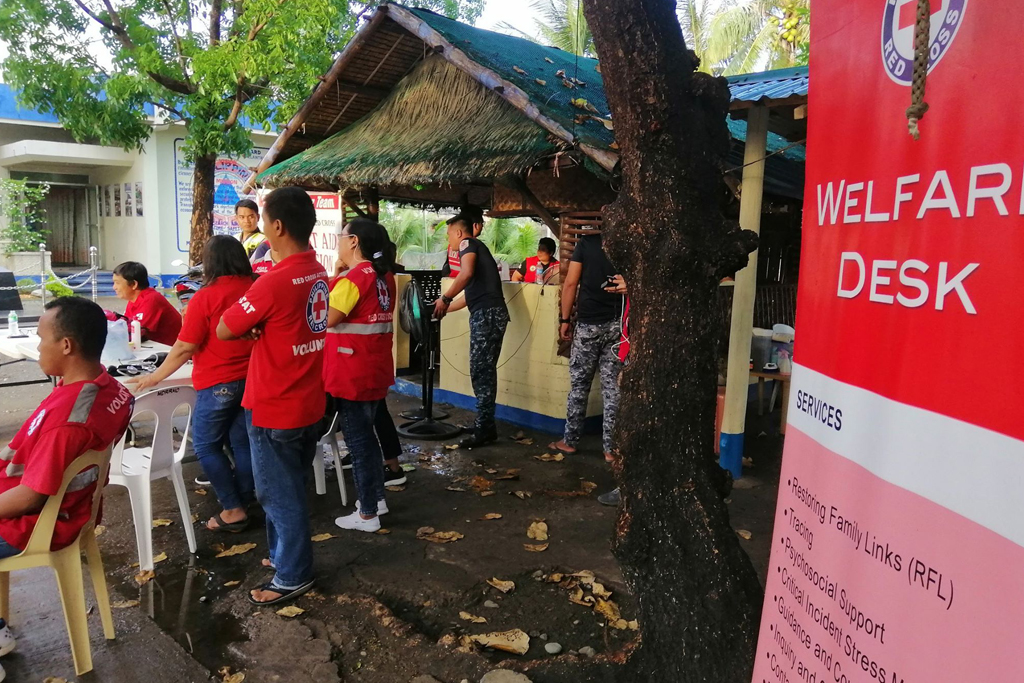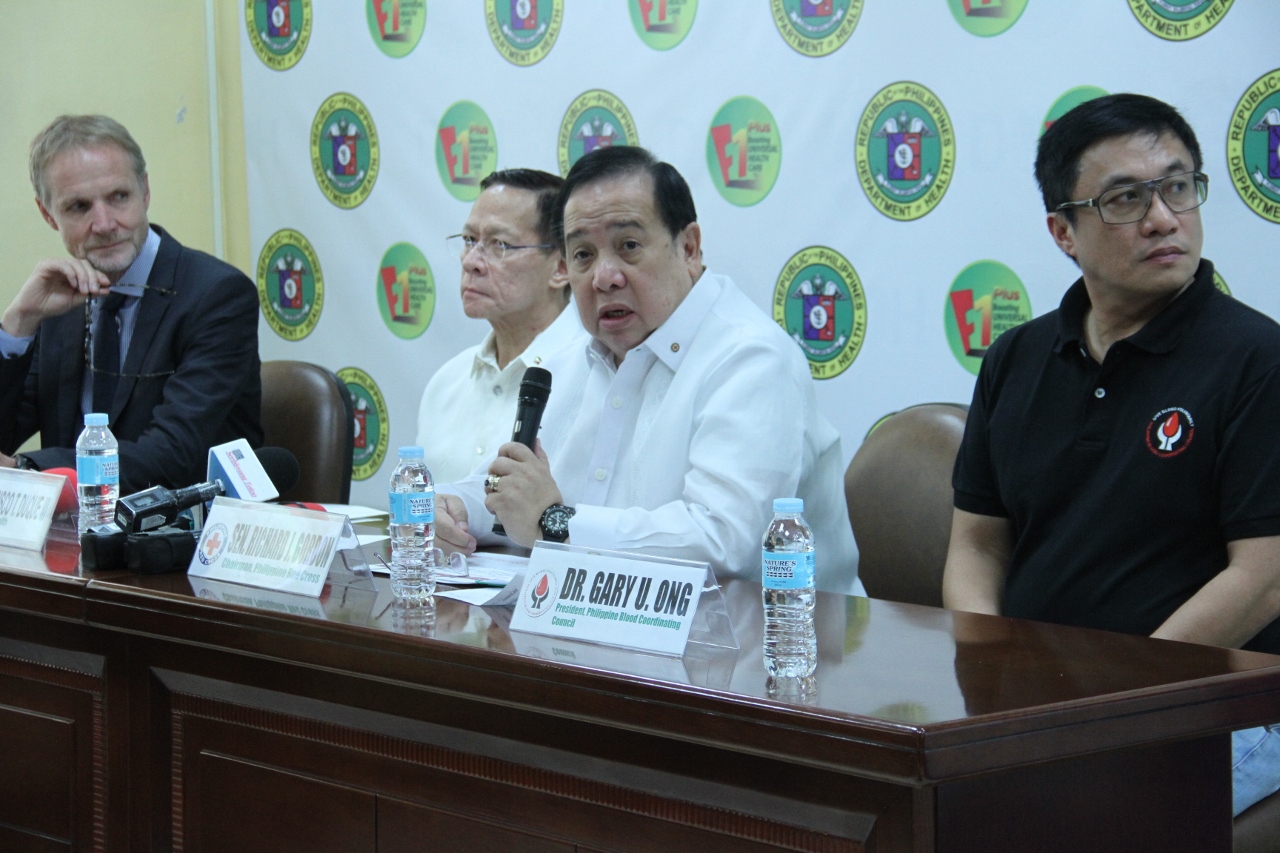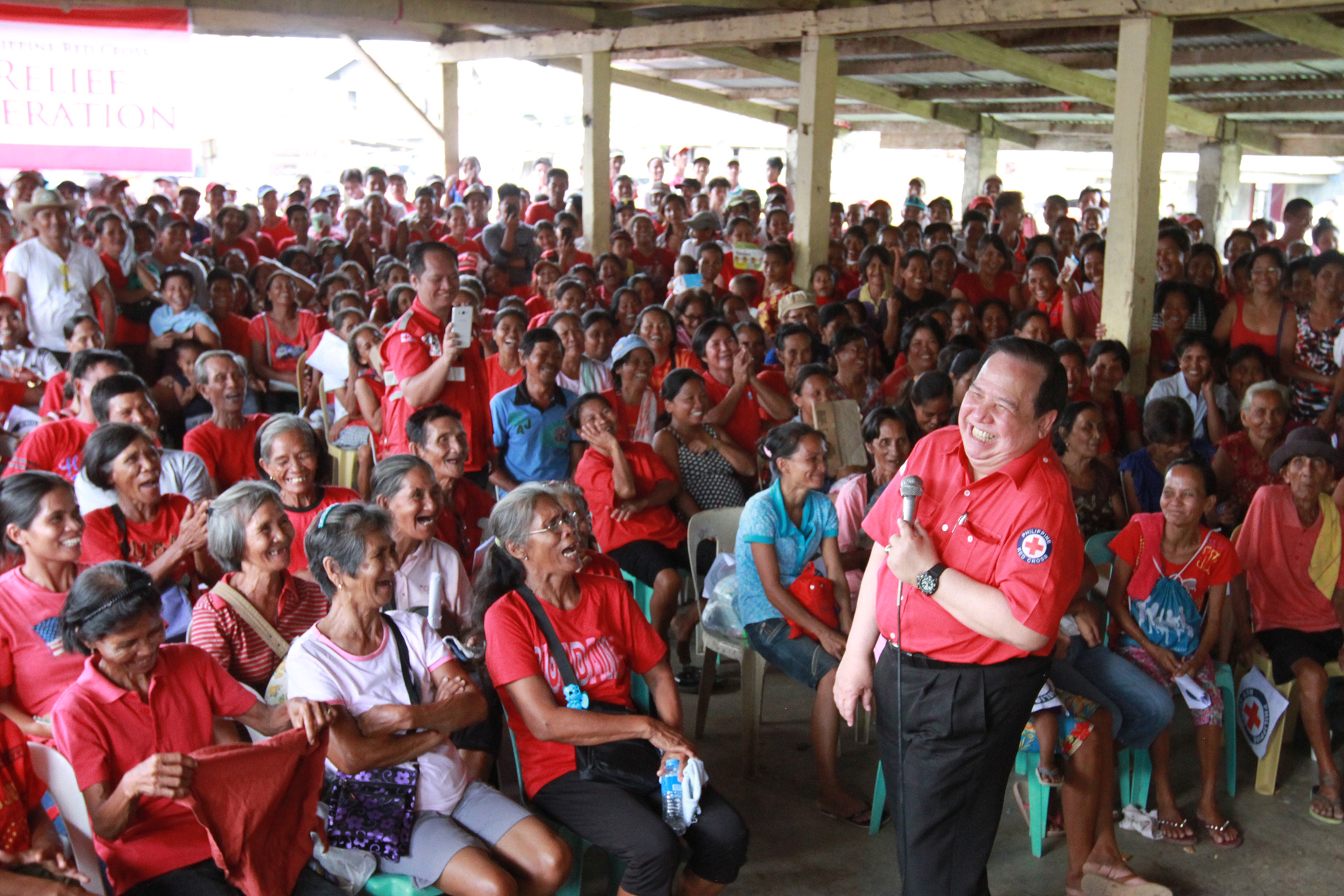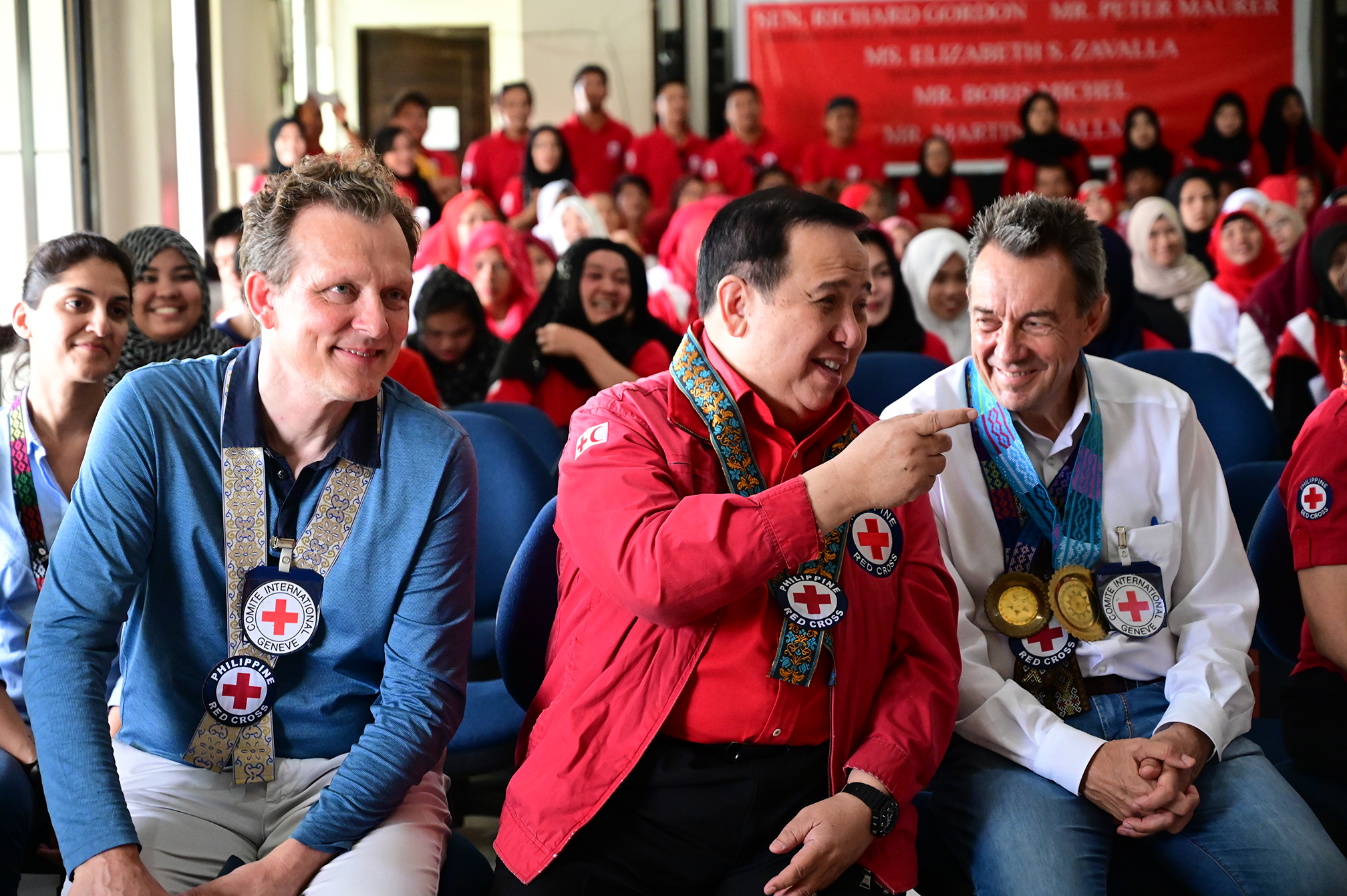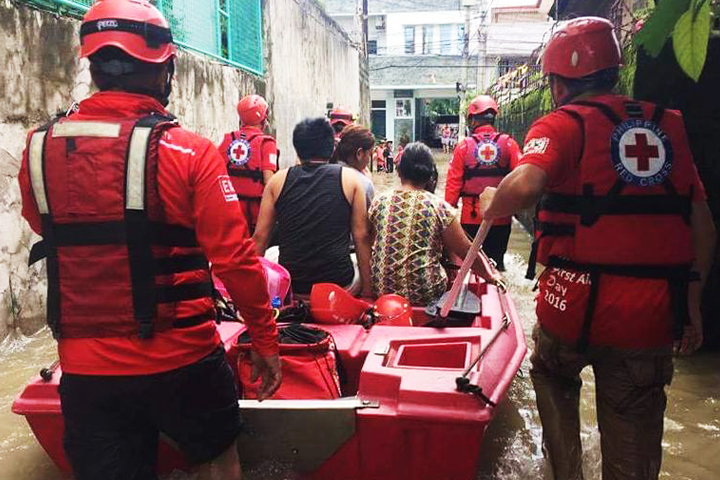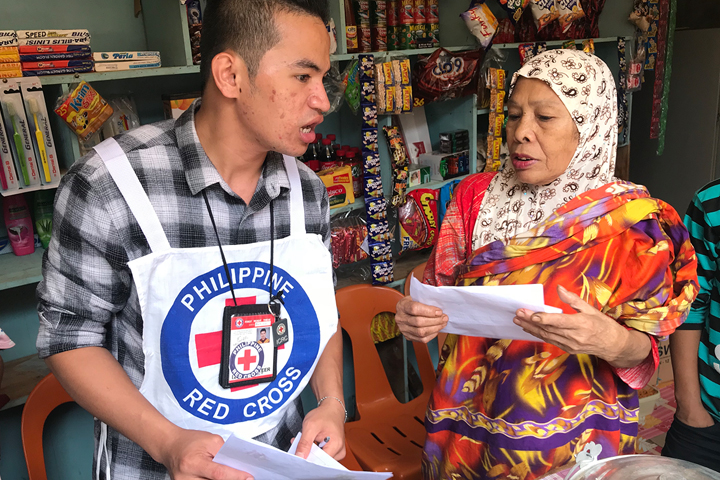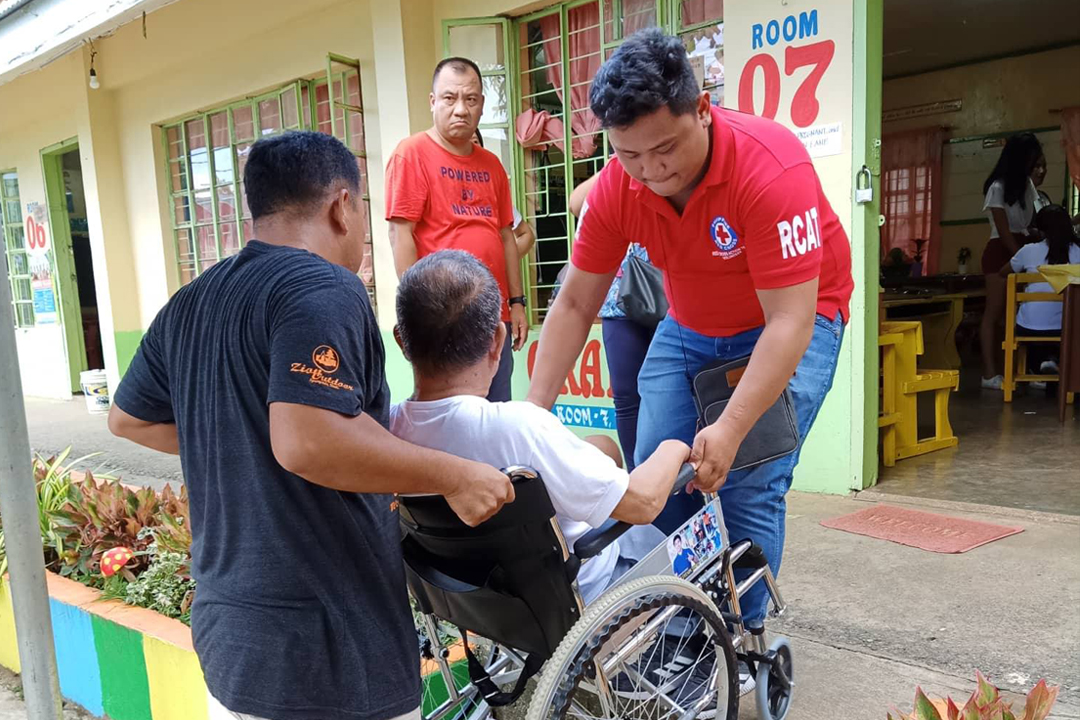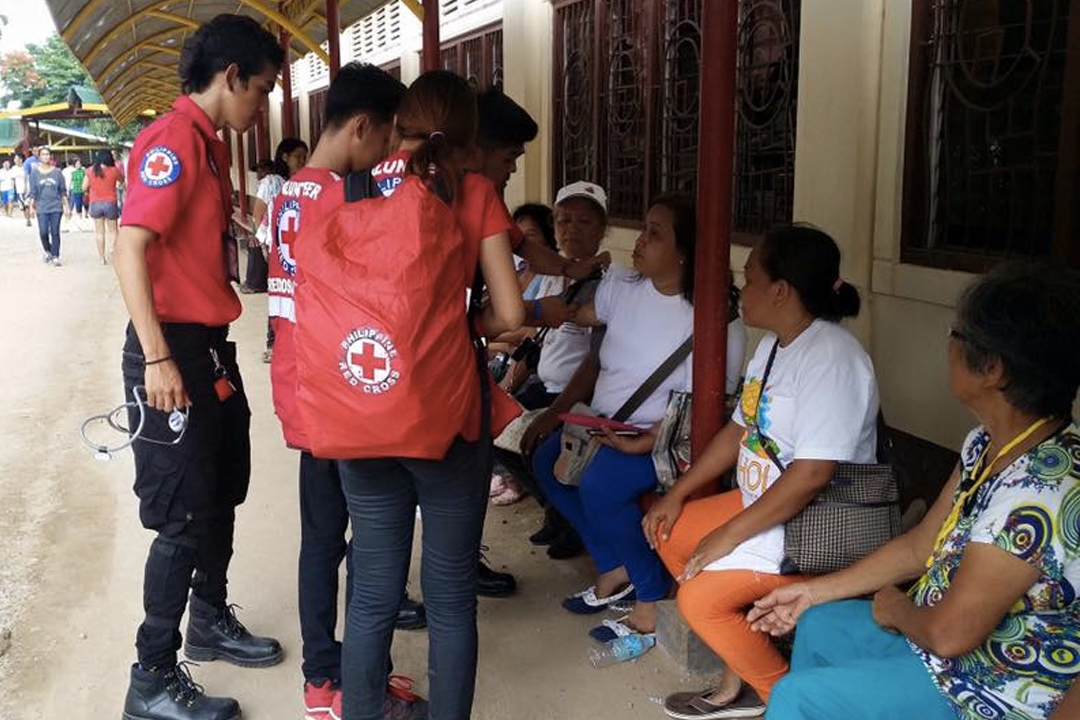The Philippine Red Cross (PRC) brought aid to a total of 12,766 individuals during the National and Local Elections, including those who needed to be transported due to fainting and suspected stroke.
PRC set up 310 first aid stations and 158 welfare desks, which helped ensure the safety and well-being of thousands of Filipino voters.
“To vote is one of the duties of each and every Filipino. To serve the people is the duty of the Philippine Red Cross staff and volunteers. As our fellow Filipinos were busy casting their votes, PRC staff and volunteers were also very much occupied attending to the needs of our fellowmen. Our staff and volunteers have intense compassion to the most vulnerable,” PRC Chairman Richard Gordon said.
A total of 2,000 staff and volunteers were deployed, while 150 ambulances were mobilized and put on standby.
Throughout the day, PRC provided blood pressure monitoring to 12,535 persons to ensure their well-being following the long queues at voting precincts.
Staff and volunteers provided first aid to 132 patients who experienced minor cases, such as dizziness, abrasion, open wound, fever, cramps, burns, hyperventilation and body weakness.
A total of 19 persons were treated for breathing difficulties, seizure, numbness, and blurred vision, while nine patients were transported to hospitals for additional medical care.
PRC also setup welfare desks, which provided psychosocial support and referral service to 65 people and provided wheelchair assistance to six voters.
In San Juan, a PRC volunteer carries a 96-year-old voter up to the third floor in San Juan Elementary School.
In Baguio, in a non-election related incident, PRC together with Bureau of Fire Protection (BFP) rescued and provided first aid treatment to a patient who suffered chemical inhalation and suffocation while painting a water tank. He was then transported to the nearest hospital for further medical attention.
The Philippine Red Cross is noted for excellence in giving first aid treatment and providing blood. It is equally noted for excellence in disaster relief, psychosocial and other humanitarian services. It is the foremost humanitarian organization in the country. All this is in keeping with its mantra: Volunteers + logistics + information technology = always first, always ready, always there.
Summary of Assistance:
Total patients catered: 2019: 12,766 persons
Total patients catered: 2016: 11,817 persons
Breakdown as follows:
Blood pressure monitoring –12,535 persons
Transported to medical facilities – 9 persons (fainting, suspected stroke, stomach pain)
Major case- 19 persons (elevated blood pressure, difficulty of breathing, seizure, numbness, blurred vision)
Minor case- 132 persons (dizziness, abrasion, open wound, fever, cramps, burns, hyperventilation, body weakness)
Welfare- 71 persons (55 Psychosocial support, 10 referral, 6 wheelchair assistance)
Assets deployed:
150 ambulances
158 welfare desks
310 first aid stations
42 emergency vehicles
